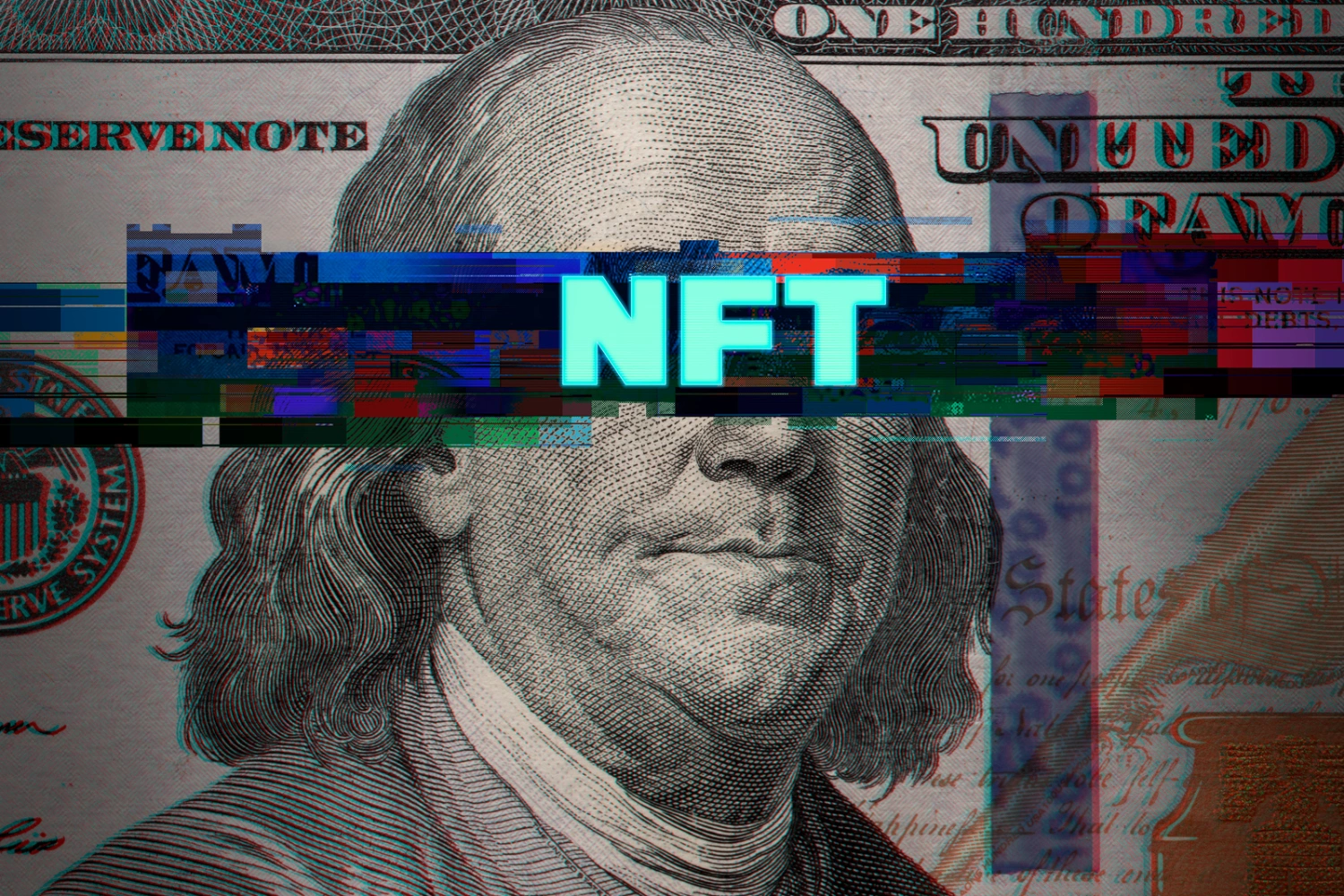‘Not OK’: Cotton On Called Out Over Controversial Product

Global fashion retailer Cotton On is under fire this week after releasing a product that sparked immediate backlash from customers and advocacy groups alike. The outrage began online and quickly escalated, with many accusing the brand of insensitivity and tone-deaf marketing.
As social media campaigns call for accountability and shoppers demand change, the controversy raises deeper questions about the responsibility of global brands in today’s social climate. Here’s a closer look at why Cotton On is being called out, how the brand has responded, and what it means for the future of fast fashion.
The Product That Sparked Outrage
The controversy centers around a recently released product in Cotton On’s graphic apparel line. The item—a T-shirt printed with the phrase “Mentally Unstable” in a stylized font—was intended, according to Cotton On, as a form of edgy, tongue-in-cheek humor.
But for many, there was nothing funny about it.
Mental health advocates, psychologists, and everyday shoppers took to social media to express their disappointment, calling the shirt harmful, stigmatizing, and deeply offensive to people living with mental health conditions.
Twitter, Instagram, and TikTok quickly flooded with posts like:
“This is not OK. Mental illness is not a joke.”
“Shame on Cotton On for profiting off mental health struggles.”
“We’ve worked so hard to destigmatize mental illness, and then this?”
Hashtags like #CancelCottonOn, #MentalHealthMatters, and #NotOkayCottonOn began trending globally within hours.
A Pattern of Poor Judgment?
This isn’t the first time Cotton On has faced criticism over its product choices. In past years, the brand has been accused of cultural insensitivity, questionable slogans, and lack of representation in its marketing materials. While it has made efforts to rebrand as socially aware and inclusive, incidents like this suggest there may be a disconnect between marketing trends and cultural sensitivity.
Experts in consumer behavior say that today’s shoppers—especially Gen Z and Millennials—are highly tuned into issues of social justice, mental health, and ethical branding. In that context, even seemingly minor missteps can snowball into major PR disasters.
Cotton On’s Response
Following the online backlash, Cotton On issued a statement on its social media channels and official website:
“We acknowledge the concerns raised regarding one of our recent products. We apologize for the offense caused and have immediately removed the item from all stores and online platforms. We are reviewing our internal approval processes to ensure this does not happen again.”
While some appreciated the quick action and public apology, others felt it wasn’t enough. Critics argued that the issue wasn’t just about one shirt, but rather about the company’s overall approach to sensitive topics.
Mental health organizations have urged the brand to go beyond apology, suggesting collaborations with mental health charities, employee sensitivity training, and meaningful donations to advocacy groups.
Why This Matters: The Bigger Picture
This incident is not just a PR hiccup—it’s a reflection of how brands need to evolve in a socially conscious world. Mental health is no longer a taboo topic—it’s a serious, widely discussed issue that affects millions globally.
To trivialize it with a flippant slogan is not only bad branding—it’s potentially harmful. As public awareness grows, so does the expectation that brands demonstrate genuine empathy and understanding. Tone-deaf products don’t just lead to social media outrage—they can erode brand trust and alienate loyal customers.
In fact, a 2023 Nielsen survey found that 71% of consumers are more likely to support brands that align with their values, particularly when it comes to mental health, inclusion, and sustainability.
What Should Brands Learn?
The Cotton On controversy serves as a powerful case study for other brands. The lessons?
Words Matter: Especially when printed on products that will be seen by millions.
Consult Before Creating: Involving psychologists, cultural advisors, or mental health advocates during product development could prevent missteps.
Train Your Team: From design to marketing, everyone in the chain needs to be aware of evolving cultural sensitivities.
Respond with Action: A sincere apology is a start, but consumers want to see tangible changes.
Final Thoughts: Accountability is the New Trend
In 2025, it’s not enough for brands to be trendy—they need to be thoughtful. The Cotton On “Mentally Unstable” T-shirt may have been intended as edgy or ironic, but in a world where mental health struggles are real and rising, the message missed the mark.
As brands continue to walk the fine line between bold expression and social awareness, incidents like this remind us of the importance of compassion in commerce. Consumers are no longer just buying clothes—they’re buying into values. And if brands want to stay relevant, they need to do better.









